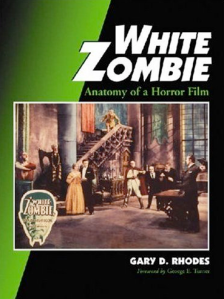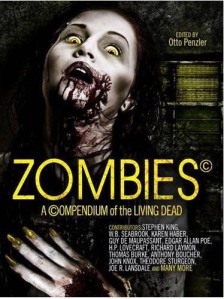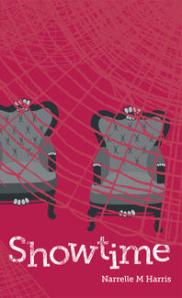Blog Archives
Do we think too much?
I’ve finished another glorious book of essays about the meanings of zombies, movies and post-humanism. But I’ve stumbled across another book (apart from another one I want to buy) that questions all the research I’m reading and planning on doing.
In Combined and Uneven Apocalypse by Evan Calder Williams, the author questions critiques of zombie works for over-reading the text. Some of the analysis, he says, is not really in-depth but just pointing out what happens in the movie and only a surface interpretation. E.g. Dawn of the Dead being totally about consumerism because zombies are in the mall or an African-American dies by a redneck, therefore the text about race.
“Simply because a film seems to point out problems of social inequality does not mean that it is a radical film, or even one that is therefore ‘smarter’ and more aware than those films hell-bent on entertainment, social critique be damned.”
So I’m trying to think about this and my own work deeper, but I’m not sure how it’s going. Directors of some zombie movies had spoken in interviews about how the movie and zombies are very deliberately placed to examine 9/11 or consumerism or race or whatever. Dawn of the Dead is not just about consumerism because the zombies are in the mall, but about how the humans interact with being in the mall too. Maybe I’m not reading this bit properly.
I’ve seen the ‘reading too much into things’ directed at scholars and reviewers before. Is it always about the author’s intention? One of my favourites, I kissed a zombie and I liked it by Adam Selzer, has zombies reborn through the magic of a big supershop wanting free slave labour. Asking the author on twitter (ages ago) if it was relating to the original Haitian zombies as plantation slaves, he said he wanted a good reason to have zombies in our world. Does this mean that we shouldn’t read into the whole Walmart-like business wanting to use people (or zombies) for their benefit?
You can check out a review of this book here and a preview of the book here.
Vampire love can be nothing but tragic
We all know zombies are far superior boyfriends than vampires. Vampires are pushing, demanding, patronising, cruel and have a very twisted idea of love. Zombies never want their loved one to lose their independence or give up their dreams because of them. Zombies don’t require the human to convert to zombiism, and don’t encourage it. Zombies love you for you!
And of all the terrible vampires to have as a boyfriend, Edward from Twilight takes the sparkle. He is straight out abusive, as is the other love interest in the series, “Shirts chafe” Jacob. There are so many academics who pick apart the Twilight series for its screwed-up-ness, and perhaps the scariest thing of all is that people see this cruel relationship rife with domestic violence and domination as a relationship to crave!
One of the things I love about the world and humanity is our insane curiosity and desire for meaning which leads us to such incredible in-depth analysis. A book is never just a book! Bordieu said something about art (which I got from an art class at uni, but can’t find the direct quote), that art styles do not develop independently but rather they develop out of particular social interests. Can anything created be separated completely from the context in which it was created (not meaning everything is a direct analogy)?
Anyway, the main thing I wanted to share was this awesome analytical piece of the Twilight series (ignoring all the horrors of the English language that take place within) about how it’s really a tragedy of the loss of who Bella is, her soul. It’s a very well done piece, and I not-so-secretly wish the author would write a whole thesis on it (I’m a geek, I know it, and I don’t care who knows it!)


